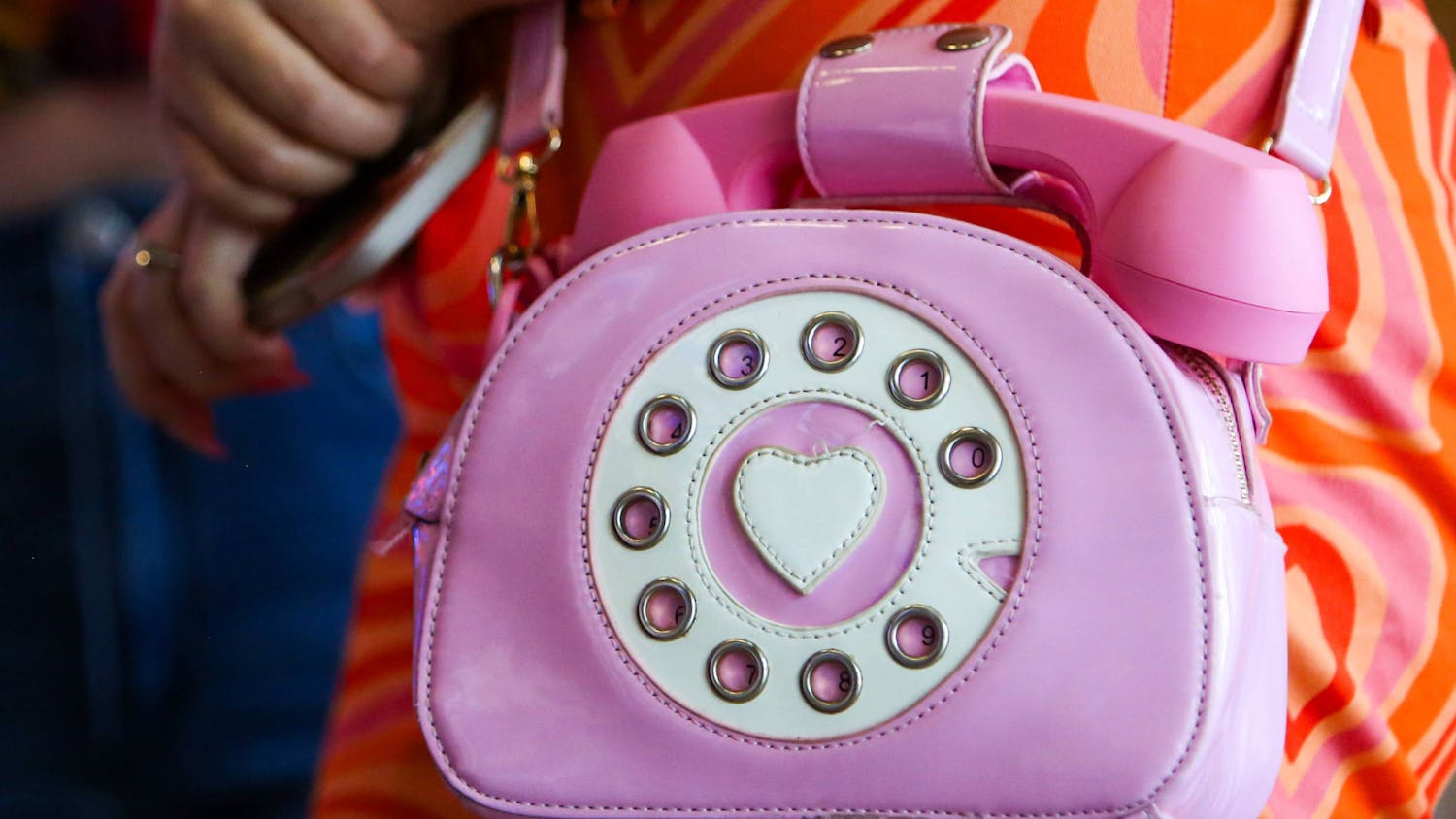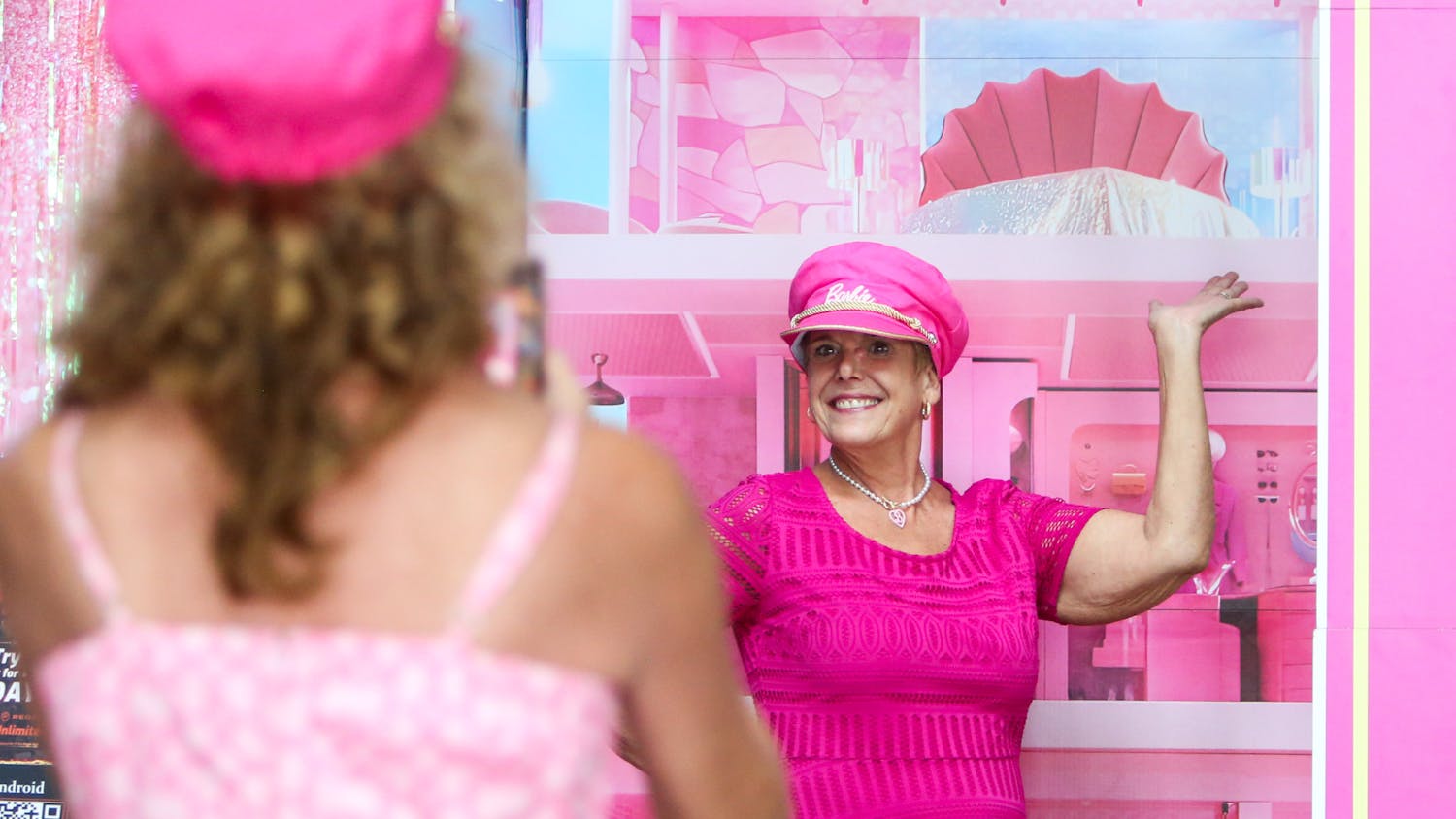Shout out to my boys in One Direction for the following lyrics:
“You’re insecure,
Don’t know what for,
You’re turning heads when you walk through the door,
Don’t need makeup,
To cover up,
Being the way that you are is enough.”
When I first heard their song “What Makes You Beautiful” (hereinafter, WMYB), I wasn’t really buying into what they were saying. The whole song sounded like a vague attempt to flatter a girl just to get into her consenting pants.
(This is not a critique of boy bands’ lyrics. I’m sorry I ever heard Nick Carter sing “If you want it to be good girl, get yourself a bad boy” as a 6-year-old.)
Now, if we take WMYB at face value, and not at creepily persuasive value, it’s sending a very strong and positive message to girls across the world. We don’t always remember how hard growing up is now that some of us are on the other side of it.
Self-image and self-esteem are two incredibly important qualities that need nurturing basically forever. But it is much harder to keep a positive outlook on those traits when you’re a girl.
Pop culture is the biggest communicator of what’s cool or hip or “in.” So when magazines such as Seventeen and Teen Vogue are being asked to review their Photoshop policy, that’s not OK. There should barely even be a policy to review, but whatever.
Seventeen magazine recently listened to a petition led by 14-year-old Julia Bluhm.
The magazine released a Body Peace Treaty last week that vows to “never change girls’ body or face shapes,” “always feature real girls and models who are healthy,” “be totally upfront about what goes into our photo shoots,” help readers “make the best choices” for their bodies, and help ensure confidence in everyone.
These all sound like awesome rules!
So, why wasn’t the publication doing them in the first place?
This debacle reminds me of a decade ago when Barbie’s new waist and bust measurements were revealed.
Apparently Mattel didn’t make the change to teach a healthier lesson to young girls but did it to conform to the “reality of fashion.”
My reality of fashion is radically different from the hip-hugger jeans Mattel wanted Barbie to wear.
Our reality shouldn’t be to shame girls into fitting fictional standards of beauty. Our reality should be to embrace all body types while being compassionate about our differences.
Maybe the insecure girls One Direction sings about wouldn’t be so abundant if we showed them healthier examples to follow.
A petition for Teen Vogue to adopt new policies had more than 22,000 signatures out of the necessary 25,000 at publication time.
“It’s time for an end to the digitally enhanced, unrealistic ‘beauty’ we see in the pages of magazines,” said Teen Vogue petition authors Carina Cruz and Emma Stydahar. “We are demanding that teen magazines stop altering natural bodies and faces so that real girls can be the new standard of beauty.”
I think there’s a time in every girl’s life when she sat down to compare herself to the images of women in mass media.
She’s then faced with the fact that she doesn’t look like any of the beautiful people.
It’s up to us to either be OK with that or to change ourselves according to society’s rules.
Sami Main is a journalism senior at UF. Her column appears on Tuesdays. You can contact her at opinions@alligator.org.





